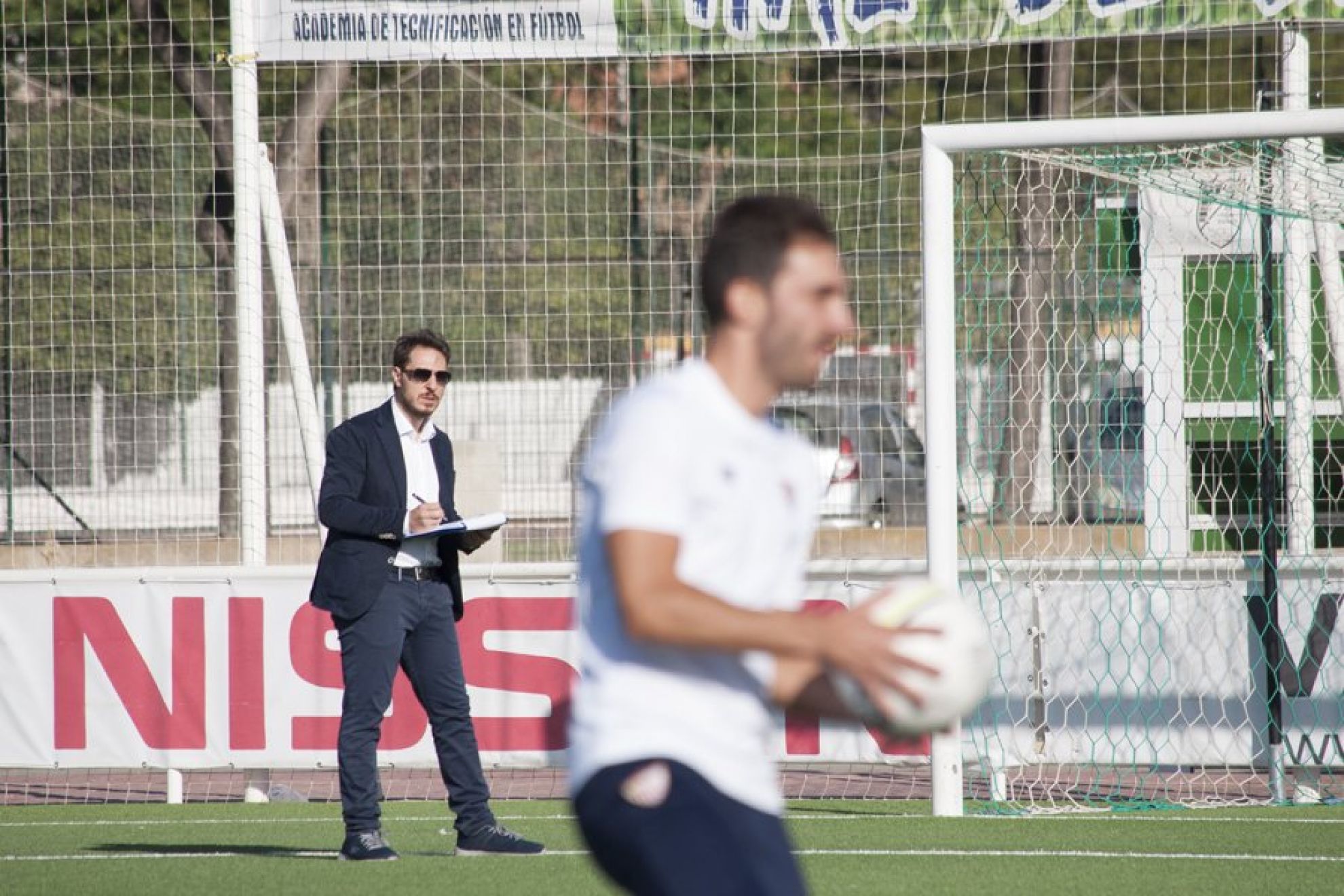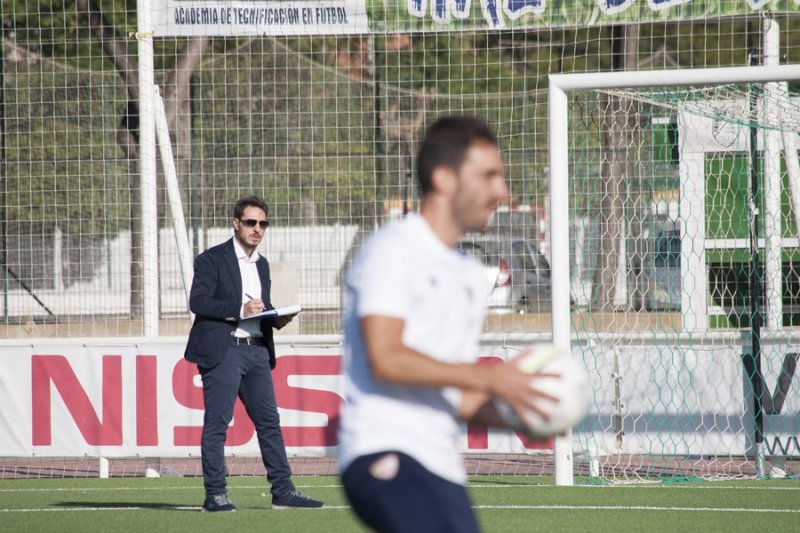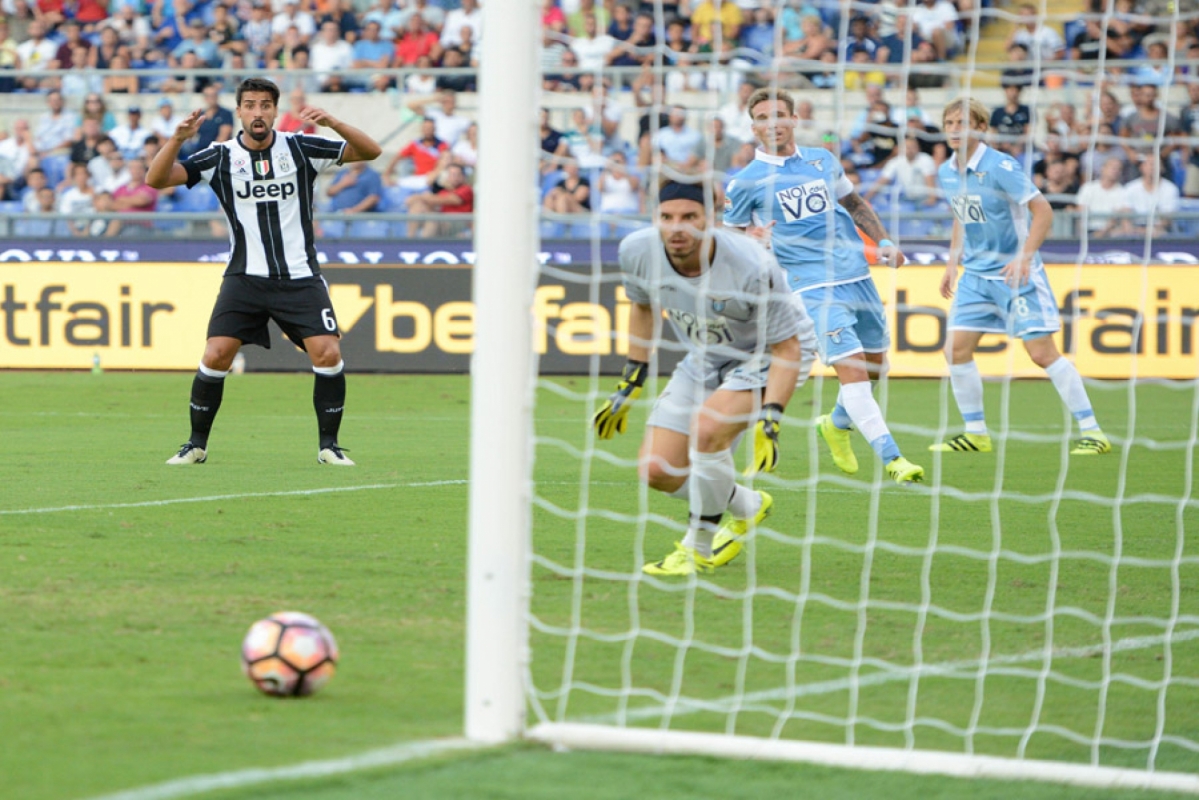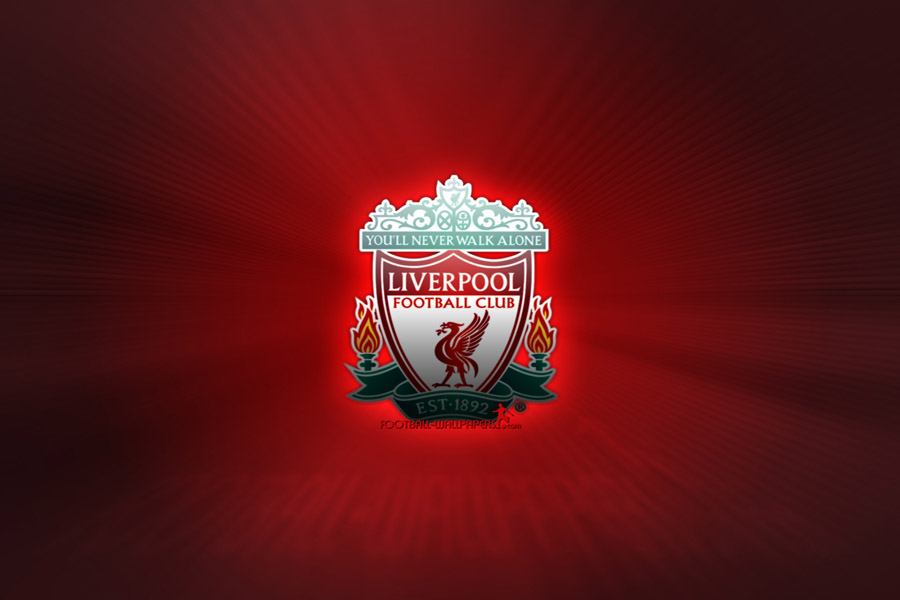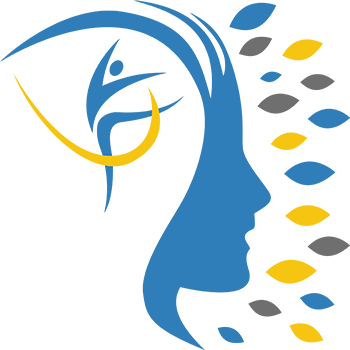A Sport Psychologist is a professional who uses his knowledge and skills to optimize the performance and well-being of athletes, at individual and collective levels.
He works with athletes in synergy with the technical staff. In a soccer club,the sport psychologist analyzes the various dynamics inherent in the competition (pre-game, game, post-game). Psychological intervention aims, therefore, to improve the management of anxiety and the various emotions and stress of performance in order to enhance attention, perception and concentration skills of an individual, a department or of a whole team.
A Sport Psychologist uses individual and group techniques to increase motivation, self-esteem and self-efficacy. In addition, he increases communication skills and interpersonal synergy within the team. At the youth level, he also facilitates preventive measures to reduce the risk of drop-out from the sport and works to make the soccer experience psychologically beneficial, educational and fun. As well he encourages discussion with parents of young players in order to foster the flow of information between coach and family.
As part of the partnership, the psychologist meets regularly with the technical staff (coaches, trainers, nutritionists, massage therapists and sports director). In these meetings he works with the Head Coach, who can relay any difficulties observed in relationship with the athletes, or with members of management or staff and draw on elements to make better career choices.
To specify, the main roles of the Sport Psychologist are to: 1) Set goals with the athlete to manage emotions and physical training while focusing on personal and seasonal objectives; 2) improve self-esteem and the athlete's self-efficacy (suggest text “The Great Esteem”, Cuzzolin Publishing. Authors Paolofabrizio De Luca and Amedeo Formisano); 3) evaluate the athlete's personality and track the mood of the player; 4) diagnose psychological disorders such as anxiety, panic attacks, depression, eating disorders (eg. Vigorexia, anorexia, bulimia, binge), sleep problems, attention and hyperactivity disorders; 5) manage issues related with sports such as performance anxiety, fear of winning (nikefobia), lapses in concentration, emotional pressures; 6) analyze the emotional dynamics and associate them with motor performance, bringing awareness to the athlete through video recordings and photographs; 7) act on abuse of psychotropic and narcotic substances; 8) assist with the recovery of injured athletes from trauma to full rehabilitation, and offer advice about pain; 9) provide the athlete with relaxation techniques and increase the imagination; 10) use Biofeedback; 11) increase Self Talk (positive or negative self-talk); 12) work on temperament and aggression management; 13) intervene if overtraining; 14) prevent burnout; 15) promote the integration of new acquisitions, particularly considering, the jumps of category and major changes in the athlete's life; 16) encourage team spirit and promote team cohesion; 17) examine and develop the leadership of athletes and staff members; 18) develop social skills of the coach; 19) increase the culture of fair play in athletes and all those who follow the team on the sideline; 20) parent training. Italians coaches that have contributed most notably to the utilization of the Sport Psychologist in soccer teams were Arrigo Sacchi and Franco Scoglio. Sacchi, during the preparation of the Italian National Team for the World Championships of 1994, asked the Sports Psychologist to study the psychological profile of each athlete in order to understand which players could process more information at once without becoming confused and those who would be more effective when provided with a smaller number of directions. Prof. Franco Scoglio believed that his ideal soccer team should be trained as follows: 47 percent technique, 30 percent physical conditioning, and 23 percent psychology. In a personal interview Scoglio, he told me: "the importance of the psychological factor is set to grow dramatically in the next 10 years." That was 2004 and it has already been a full decade. Indeed, Prof. Franco Scoglio, who will always be remembered as a great mentor, was prophetic when one considers how much psychology influences the performance of a player. From scientific research and from my experience as a Sport Psychologist, increasingly it enhances the individual and collective performance in Soccer when professional psychological work is part of the organization.
Paolofabrizio De Luca
Sports Psychologist - Football Players' Agent - FIFA
